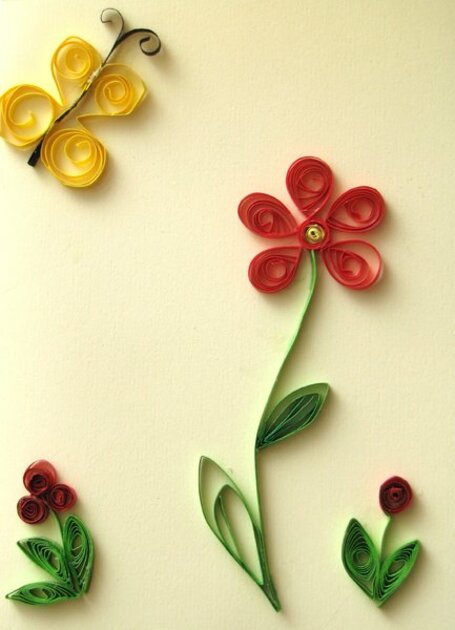
Our Gemara on Amud Aleph tells us:
ãÎA person should share in the distress of the community. As we found with Moshe, who joined the suffering of the Jewish people during the war with Amalek. As it states:
æøÇææøçøÊæ æø¿æˋæøÑæø æø¥ø¯æøçæøÇøææ æøñæø¥øÇæÏø¯ææø¥øƒæøÑøæøÑæ æøñæø¥ø¡æˋæøÇøËæææø¥ æˆøñæø¯æˆø¥ø¡øææ æøñæø¥øçøÈæˋæøÑæ æÂø¡æøÑøææø¡ æø¯æøñæøýæ´ø¿ø´æ æø¯æøæø¥æ´ æˆø¥ø¡ø§æø¯æøÈæø¥ æø¯æø¡æø¡øææ æøÇæø¥øÑøÊæ æøÑæø¡æø æø¥æøÇæø¥øÑøÈæ æøÑæø¡øæ æøñæø¯æøÇøËæ æø¡æø¡øææ æøÝææø¥æ ø¡øæ æÂøñæøƒæø¥ø¿øËæ æøñæˋæø¥ø¡ø§æøÑæˋææ
“But Moshe’s hands were heavy; and they took a stone, and put it under him, and he sat upon it” (Exodus 17:12).
But didn’t Moshe have one pillow or one cushion to sit upon; why was he forced to sit on a rock? Rather, Moshe said as follows: Since the Jewish people are immersed in suffering, I too will be with them in suffering, as much as I am able, although I am not participating in the fighting.
This Gemara highlights Moshe’s standing by the Jewish people in their suffering. However, the Maharal (Gur Aryeh Shemos 17:12) criticizes Moshe for not caring enough! He says that though there were Mystical reasons for choosing Yehoshua to lead the war against Amalek, Moshe should have joined too. This is the reason that his hands grew weak. (Yalkut Shimon’s 265 seems to say the same thing.)
It is remarkable that even the great Moshe, who indeed was seen as sympathetic and joining in the suffering of the Jewish people, is still criticized for not caring enough. This sets the bar very high for us to show empathy for the plight and suffering of others.

 Previous
Previous
